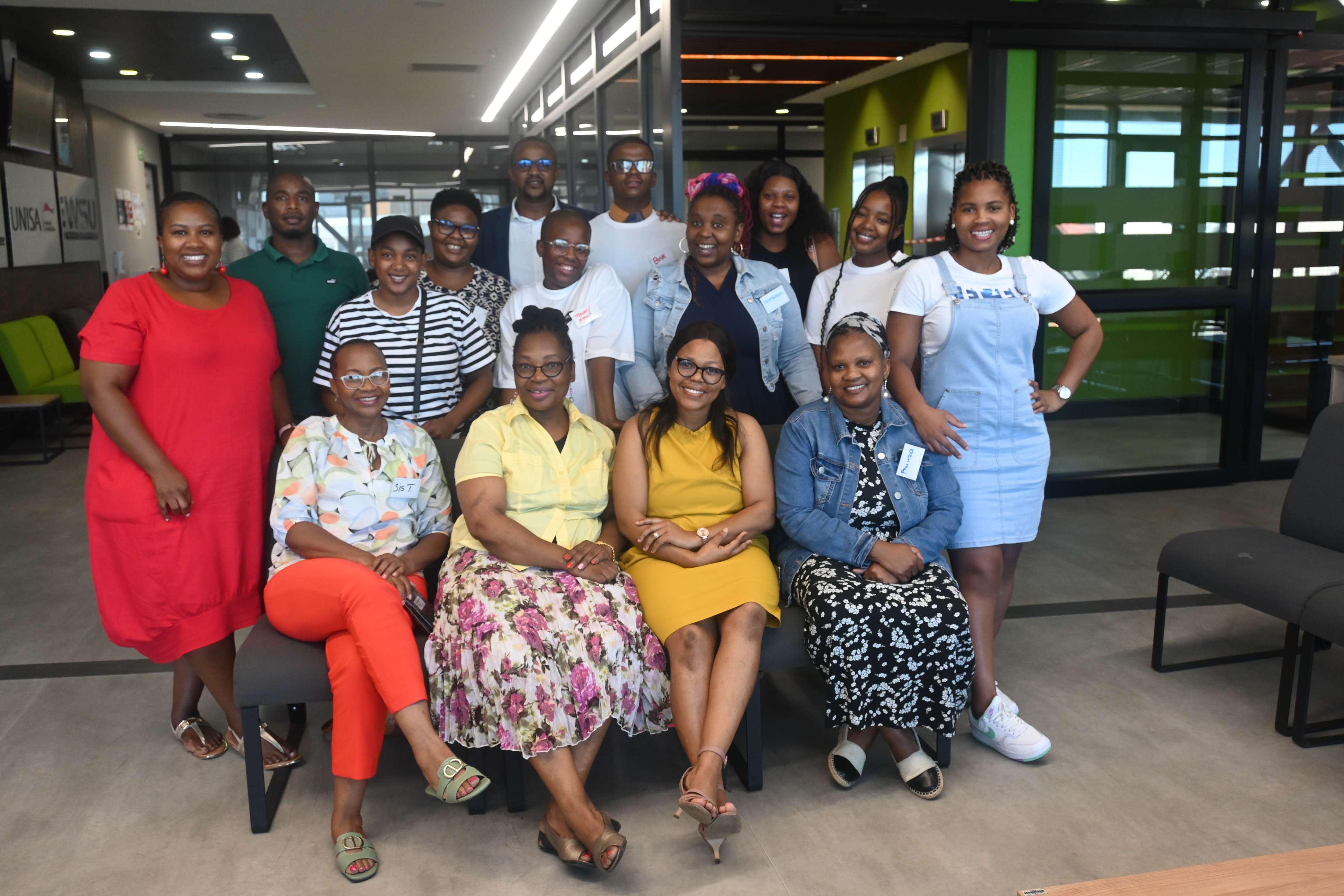WSU DISABILITY UNIT INTENSIFIES EFFORTS TO ENSURE INCLUSIVITY

In its pursuit of a fully inclusive learning and teaching environment, the WSU Disability Support Services (DSS) unit has undertaken an initiative to train and equip university social workers, peer helpers and student assistants with the necessary knowledge on how to navigate servicing persons with disability.
Established in August 2023, the DSS is a subdivision of the Transformation and Languages Directorate, with a mandate to ensure equal participation and access for persons with disability within the university.
The unit recently held a training workshop, in collaboration with REHAB (The Association for the Rehabilitation of Persons with Disability), to intensify its efforts of a conducive and inclusive environment.
The workshop comprised training participants on aspects such as accepted disability terms, how to work with PWD, the importance of accessibility and services, as well as information regarding the rights of persons with disability.
“In the process of Rationalisation and Consolidation, students were moved across our different campuses. Our role as the unit is to ensure that students and staff with disability are well taken care of and supported, and that they move safely and seamlessly to their new campuses,” said Zanele Nomatshila, Acting Manager for the Disability Support Services unit.
Nomatshila added that the unit sought to cover its basis when it came to different disabilities to ensure that students and staff are accommodated according to their specific needs.
“Orientation and mobility for people with disability is not the same as the general population. Some of them are visually impaired so they need a specialised service. Hence, we will be training social workers, student assistants, and peer helpers on orientation and mobility for people with disability,” she said.
Despite efforts from government, higher education institutions, and other NGOs to curb societal stigmas associated with disability, Nomatshila said that there were still beliefs amongst certain communities that persons with disability could not have the same opportunities as non-disabled people.
“People tend to see the disability, and not the abilities, which is something we need to move away from. People’s disabilities do not define who a person is, or mean that they cannot succeed in life. Universities also need to proactively incorporate assistive technologies to ensure that they are ready to receive students with disability,” said Nomatshila.
In conclusion, Nomatshila commended WSU for their continued efforts to create an all inclusive environment and creating access for students and staff with disabilities, declaring that as DSSU they are in the process of seeking approval for policies (Institutional Disability and Reasonable Accommodations policies) which seek to promote equality, promote the rights of students and staff with disabilities and facilitate inclusions.
By Yanga Ziwele
